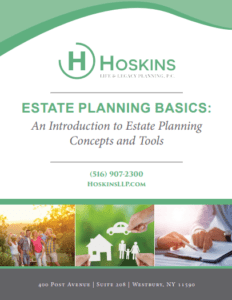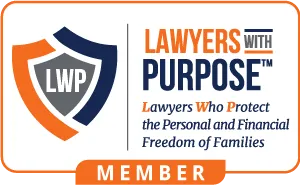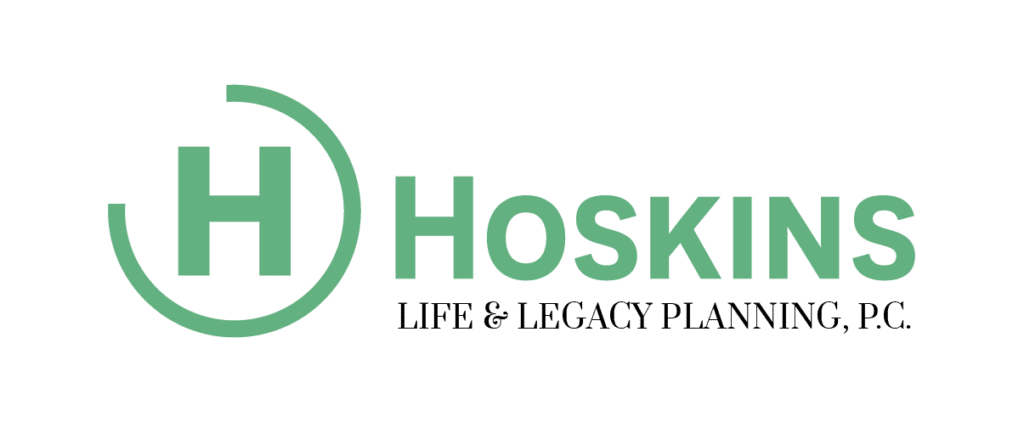 Did you know that you already have an estate plan? It’s not a good plan, but you do indeed have one, compliments of the state of New York. If you pass away without a will or other important estate planning documents, the state will determine who inherits your property, who can manage your affairs if you become incapacitated, who will raise your minor children if something terrible happens to you and your spouse, and more. Chances are, you will not like the state’s decisions, and neither will your loved ones.
Did you know that you already have an estate plan? It’s not a good plan, but you do indeed have one, compliments of the state of New York. If you pass away without a will or other important estate planning documents, the state will determine who inherits your property, who can manage your affairs if you become incapacitated, who will raise your minor children if something terrible happens to you and your spouse, and more. Chances are, you will not like the state’s decisions, and neither will your loved ones.
At Hoskins Life & Legacy Planning, P.C., an established Black owned business led by experienced African American Attorneys, we design customized, comprehensive estate plans that give our clients complete control over their assets and affairs while they are alive and after they pass away. As trusted Attorneys of Color, Rob and Sharon Hoskins use a number of proven strategies and tools to accomplish this.
Last Will and Testament
A will allows you to specify who will receive your assets after you pass away. It also allows you to name a guardian for your minor children if they are orphaned. A will is an important part of a comprehensive estate plan, but it is not enough. For example, a will is only valid after you die, so it cannot provide control over your finances and care in the event of incapacity. Nor does it allow your heirs to avoid the frustration, delays, lack of privacy, and needless expense of probate.
At Hoskins Life & Legacy Planning, Black Attorneys Rob and Sharon Hoskins take the time to explain each component of a will and how it fits into your overall estate strategy, ensuring every detail reflects your wishes.
Trusts
There are many different kinds of trusts, capable of helping you accomplish a wide range of planning goals. A revocable living trust, for example, allows your estate to avoid probate and gives you greater control over how and when your assets are distributed than a will. An irrevocable trust can provide you with robust asset protection against the high cost of long-term care, lawsuits, creditors, and other threats. A number of specialized trusts can help you accomplish specific goals, such as creating a fund for a loved one with special needs.
As a Black female attorney and co-founder of a Black female owned business, Sharon Hoskins understands the importance of designing estate plans that protect families from all walks of life. Together, Rob and Sharon can help you determine if a trust is right for you and which type of trust, or combination of trusts, is best suited to your unique needs and those of your family.
Powers of Attorney
Powers of attorney are legal documents that authorize people of your choosing to make decisions on your behalf. For example, a durable power of attorney allows you to name someone you trust to make decisions for you if you become incapacitated. A power of attorney may grant limited powers to your “representative” or broad powers to make a variety of decisions. These decisions can involve both the management of your finances and your medical care.
As experienced Attorneys of Color, Rob and Sharon emphasize the importance of keeping your power of attorney documents current and thoughtfully executed so that your chosen decision-maker can act on your behalf with clarity and authority when it matters most.
Advance Directives
An advance directive is a legal document specifying the type of medical and personal care you want if you lose the ability to make or communicate your wishes on your own. Your advance directive can name the person who will make or communicate your wishes for you, and it can set forth the types of care you do or do not want in an end-of-life situation.
With guidance from an experienced African American Attorney team, you can rest assured that your healthcare decisions will be honored and your loved ones supported during difficult times.
HIPAA Release
This document lets you specify the people who are allowed to access your medical information. Without such a release, your loved ones might not be able to get any information about your condition in an emergency.
We have extensive experience using all of the above documents and more to design plans capable of protecting our clients, their loved ones, and their assets. To discuss your particular needs and goals, contact Hoskins Life & Legacy Planning, P.C. for a personal meeting with an experienced Black attorney or Black female attorney dedicated to protecting your peace of mind and your legacy.

Contact Us Today to Discuss Your Plan
Get Your FREE Copy of “Estate Planning Basics”

Related Blogs
-
5 Life Events That Should Prompt an Updated Estate Plan
Working with an estate planner provides the chance to create a comprehensive plan that addresses your needs at that point in time. It may be the case that your plan continues to serve your needs for years to come, but
-
The Biggest Mistakes People Make When Probating an Estate
Losing a loved one is difficult enough without the added stress of having to make important financial decisions while grieving. For many people, the duties and responsibilities of probating a loved one’s estate can feel overwhelming. The probate process is
-
Estate Planning Fundamentals
Clients often ask us about the estate planning tools we use and what each of them can accomplish. Here is a list of the most commonly used tools and brief descriptions of their purpose.







